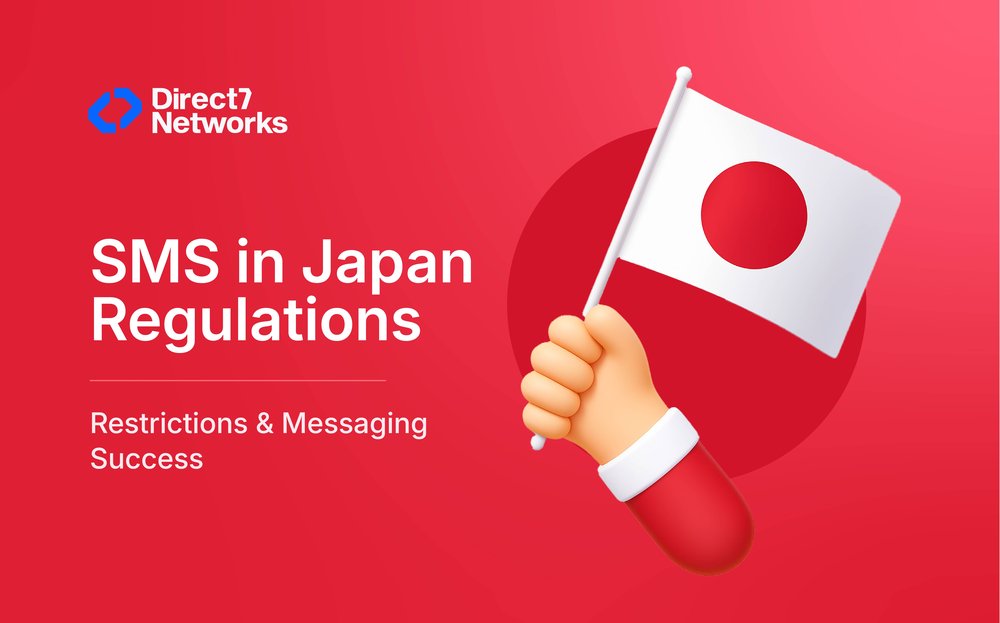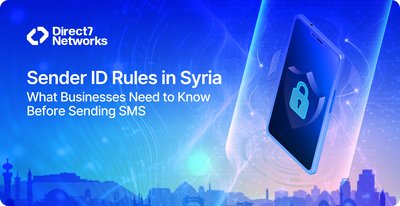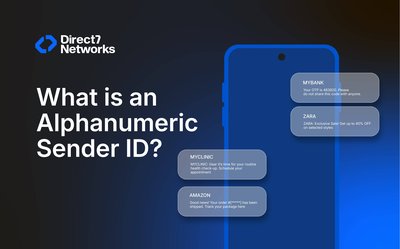
SMS In Japan: Navigating Regulations and Mastering Best Practices
The SMS regulations and messaging standards in Japan
Japan, a nation with mobile connections surpassing its total population, presents a highly connected and digitally advanced market. SMS (Short Message Service) stands as the second-most preferred communication channel for businesses in Japan, offering an effective, direct, and personal way to engage with customers.
With major telecom operators like NTT Docomo, KDDI, Softbank, Rakuten, and others dominating the market, sending SMS in Japan requires an understanding of both technical infrastructure and stringent local regulations.
What are the Regulations and Best Practices for Sending SMS In Japan?
Country Information
| Country code | JP |
| Calling code | +81 |
| Mobile Number Portability (MNP) | No |
| Mobile Country Codes (MCC) | 440, 441 |
| Regulatory Authority | Ministry of Internal Affairs and Communications |
Major Carriers
- NTT Group – NTT EAST, NTT WEST, NTT Docomo
- KDDI Corporation
- Softbank Corp.
- Rakuten Inc.
- Others: UQ Communications, Y! Mobile, IIJ
SMS Regulations in Japan
To maintain high standards of consumer protection and message quality, Japan enforces strict SMS regulations. Here's what you need to comply with:
Sender ID & Message Rules
- ✅ Dynamic alphanumeric sender ID is permitted on all networks.
- ❌ Generic sender IDs like "INFO", "SMS", or "NOTICE" are not allowed.
- ❌ URLs in messages are strictly prohibited. Any message with a weblink will be filtered out or blocked.
- ❌ P2P traffic is not supported.
- ⚠️ Unicode message length limits:
- Docomo, KDDI, Softbank: 670 full-width characters
- Rakuten: 660 full-width characters
- Docomo, KDDI, Softbank: 670 full-width characters
Content Restrictions
- ❌ No political, religious, unsolicited promotional, or gambling-related content
- ❌ Do not send messages to numbers listed in Do-Not-Disturb (DND) or Do-Not-Call (DNC) registries
Consent & Timing
- ✅ Always obtain explicit opt-in consent before sending marketing messages
- ✅ Messages must be sent during the recipient's local daytime hours
- ✅ Support HELP and STOP commands in Japanese
- ✅ Messages are charged per submitted SMS, at equal rates for both national and international messages
Best Practices for SMS in Japan
To get the most out of your SMS marketing strategy in Japan, while staying compliant, follow these proven best practices:
1. Obtain Clear Consent
Always ensure customers opt in before receiving marketing messages. Opt-in must be explicit, not implied.
2. Avoid Outdated Lists
Don’t use old or purchased contact lists. Ensure all numbers are active and recently acquired.
3. Audit and Clean Customer Lists
Regularly verify the validity of mobile numbers and remove inactive or unsubscribed users.
4. Maintain Message Logs
Keep detailed records of consent, timestamps, and message history for compliance purposes.
5. Support Opt-Out
Provide an easy and accessible way for users to stop receiving messages (e.g., replying "STOP").
6. Respect Local Timing
Send messages during business hours in Japan to avoid customer frustration and potential violations.
7. Monitor Engagement Metrics
Track delivery, open, and response rates. Adjust your strategy to focus on active and engaged users.
Why SMS in Japan is Still Powerful
Despite the rise of apps like LINE and WhatsApp, SMS in Japan remains a critical communication tool due to its reach, reliability, and immediacy. Businesses using compliant, personalized SMS campaigns enjoy better engagement and customer satisfaction.
Whether you’re sending appointment reminders, alerts, OTP verifications, or transactional updates, SMS continues to offer unmatched delivery rates in Japan's mobile-first market.
Ready to Start Messaging in Japan?
Ensure your business complies with SMS regulations in Japan while unlocking the full potential of mobile messaging.
📩 Contact our sales team to learn more and integrate a compliant SMS solution for your business in Japan.





